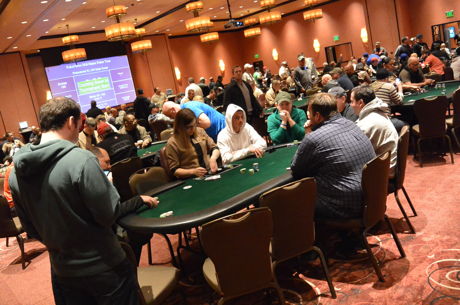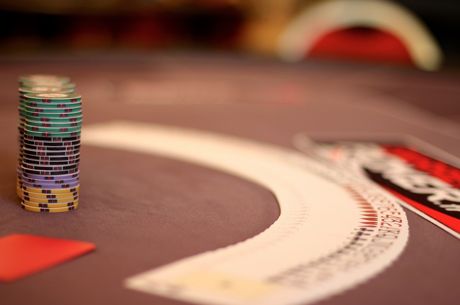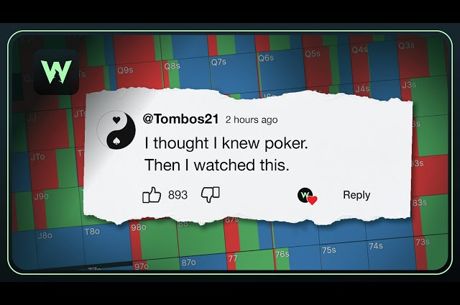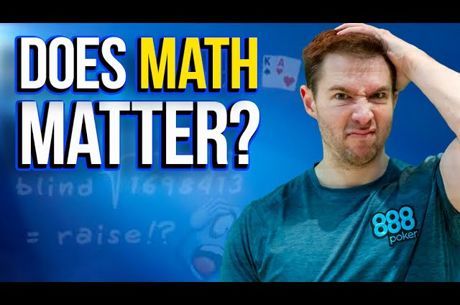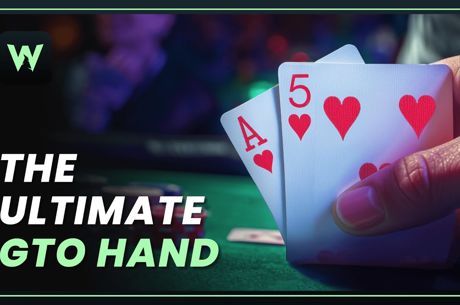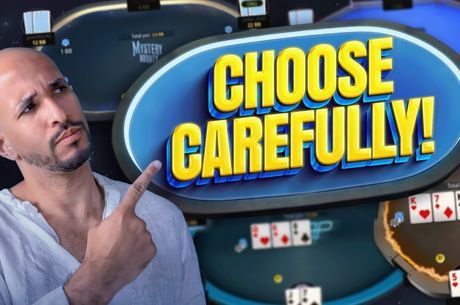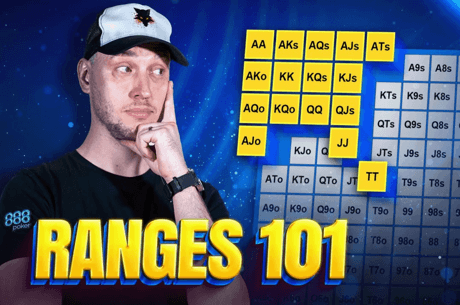A Tough Spot Against a Strong Player -- Using Clues from a Previous Hand
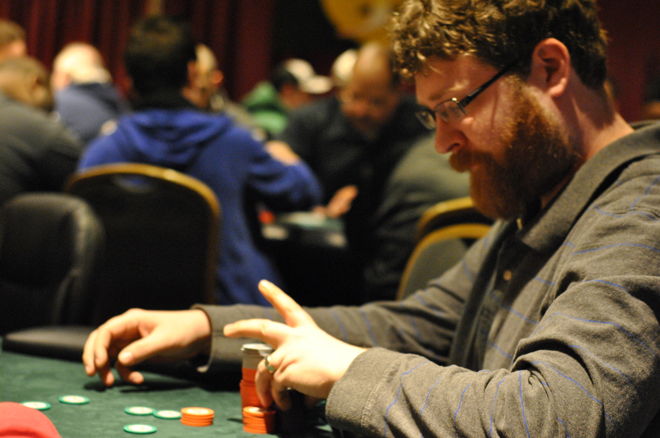
Covering live poker tournaments for a living affords me the opportunity to see countless thousands of hands played out, many of which offer interesting and potentially valuable insights into how players — both amateurs and professionals — play the game. In this ongoing series, I’ll highlight hands I’ve seen at the tournaments I’ve covered and see if we can glean anything useful from them.
The Scene
For the last couple of weeks I’ve diverted from my usual study of hands I’ve observed others play to share a few that I played recently in the $1,100 buy-in Mid-States Poker Tour Meskwaki Main Event.
Two weeks ago I focused on a situation where after becoming short-stacked I had to decide whether to shove all in with king-nine or remain patient and look for something better. Then last week I discussed a hand in which I reached the river with just third pair and faced a decision whether to check it down or try a bluff.
We’re back at the Meskwaki Casino today to look at another hand from the tournament as well as another interesting decision. We rewind to the earliest stages of the event when I was still on my first bullet. It’s Level 4 (100/200/25) and I’m feeling good with a stack of about 30,000 from 20,000 and some solid reads on my table.
The one player giving me trouble is Jason Smith (pictured above scooping a pot). Smith is a very tricky and tough pro who has over $2 million in online cashes to his credit. In one earlier hand that I played passively on a paired board, he bombed the turn and river after we both checked the flop, forcing me to fold a weak hand. Smith has been defending his big blind with a wide range and generally playing lots of pots.
The Action
I opened the pot for 500 in middle position with K♥J♥, and action folded to Smith’s big blind, which he defended with a stack of a little over 20,000. The flop came J♦2♥2♣, and we both checked. On the 10♥ turn, Smith fired out 1,100, and I called. The river was a non-heart 3x, and Smith bet 3,500.
I quickly called, and Smith turned over 3x2x for a full house and scooped the pot.
Concept and Analysis
This hand is interesting because of the way the action mirrored that earlier one involving Smith in which he pushed me off a hand. Just like before, I was the preflop raiser and checked back. Also just like before, Smith barreled huge on the turn and river. The difference this time was that I had a much stronger hand with legitimate showdown value.
On the flop, I would ordinarily bet this hand against most players, but I decided to try to check to balance myself the times I have a medium pair. There aren’t too many bad turn cards for me — only queens and aces, really — so I can afford to let a card peel off for free.
The turn is of course a mandatory call, and with the board reading J♦2♥2♣10♥3x on the river, Smith fires a pot-sized bet. It seemed like an easy call at the time because my hand has been underrepresented — it’s stronger than it appears based on my actions. And there’s not much that beats me. The only realistic hands I could lose to here are hands with a deuce, AxJx, 3x3x, and 10x10x. I figured Smith read me for a weak middle pair and was trying to blow me off of it.
However, that last bit got me thinking later: if Smith thinks I have a middle pair, would he really expect me to fold? The key was how Smith played it the same as he played the other hand he got me to fold. On such a dead board, having already been barreled off a hand in a similar spot, he probably expects me to call with a pair.
Therefore, if he is betting pot, and he expects to be called, it’s logical to conclude he actually has a nutted hand (as he did). I think I may have missed a chance to make a pretty strong fold here, and instead paid off a big value bet to the toughest player at the table.
Want to stay atop all the latest in the poker world? If so, make sure to get PokerNews updates on your social media outlets. Follow us on Twitter and find us on both Facebook and Google+!

